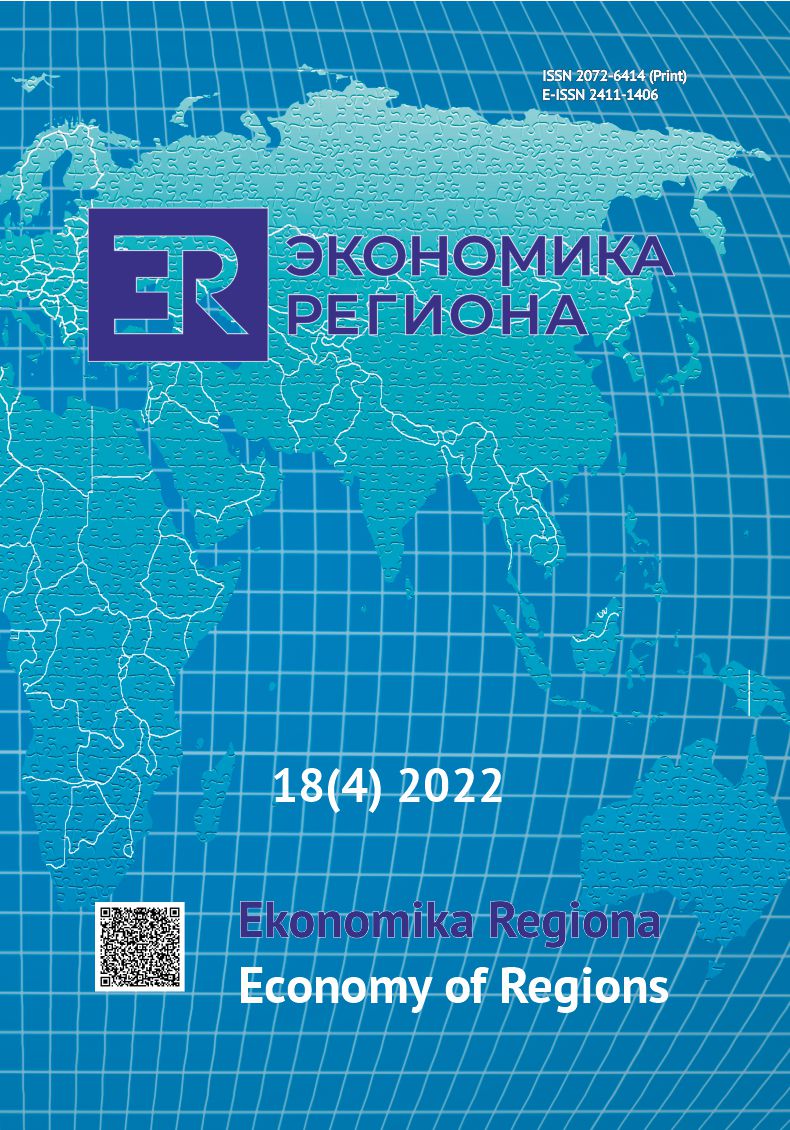How Has the COVID-19 Pandemic Accelerated E-Commerce in Russia: Evidence from Firm-Level Data with Spatial Factors
How Has the COVID-19 Pandemic Accelerated E-Commerce in Russia: Evidence from Firm-Level Data with Spatial Factors
Author(s): Anna A. Fedyunina, Nikolay A. Gorodnyi, Yuri V. Simachev, Igor Mikhailovich DrapkinSubject(s): Health and medicine and law, Marketing / Advertising, ICT Information and Communications Technologies
Published by: Институт экономики Уральского отделения Российской академии наук
Keywords: e-commerce; online sales; Russian regions; COVID-19; Russian firms; adoption to COVID-19;
Summary/Abstract: The retail and wholesale sector has been hit hard by the coronavirus pandemic, leading to a major sector transformation. In this study, we analyse the factors of firm-level e-commerce adoption and expansion in response to the COVID-19 pandemic and pay special attention to the regional level determinants of e-commerce. We use the data provided by the EBRD-EIB-WB Enterprise Survey that includes about 18,000 observations for firms in Central and Eastern Europe (CEE) and Central Asia (CA) and approximately 1000 observations in Russia. We use the probit and weighted probit estimation techniques. Our central hypothesis states that while large cities are usually seen as drivers of the expansion of e-commerce, lagging regions are catching up with the leading regions in the adoption of e-commerce. The study shows that firms in regions with lower levels of e-commerce before COVID-19 and firms in large cities were more likely to adopt e-commerce during the pandemic, which evidences a convergence in e-commerce between Russian regions. In contrast to the firms in CEE and CA countries, export market orientation and supply chain signals do not foster e-commerce adoption in Russia. This can be explained by weak development of subcontracting networks and low participation of small and medium-sized firms in cooperative relationships in Russia. Regarding policy implications, we argue that policy measures should focus on the distribution of low-cost solutions aiming to decrease entry barriers, liberalise domestic markets for entrance of foreign platforms in Russia, and support the development of domestic platforms.
Journal: Экономика региона
- Issue Year: 18/2022
- Issue No: 4
- Page Range: 988-1002
- Page Count: 15
- Language: English

